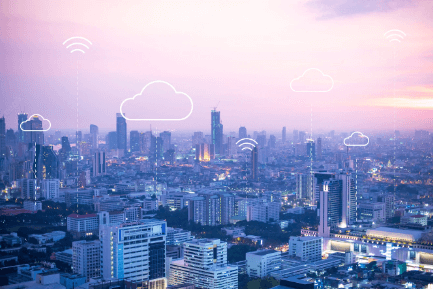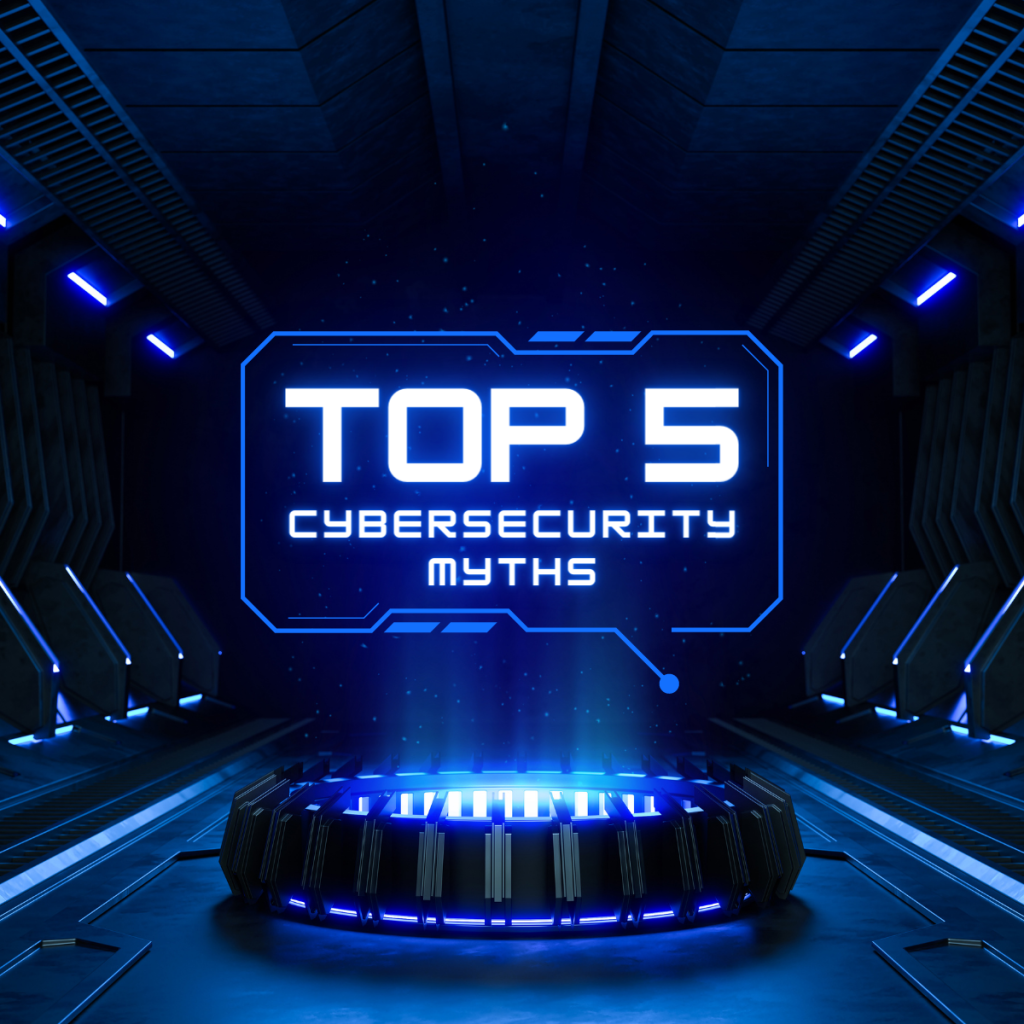The largest-ever DDoS Onslaught Affects Businesses Throughout the World
Companies such as Google and Amazon claim to have thwarted the world’s largest distributed denial of service (DDoS) attack, but they warn internet users that these types of attacks might cause widespread damage unless cybersecurity safeguards are strengthened.
A DDoS attack attempts to make an internet site unavailable by flooding it with data requests. This frequently causes websites to fail and online services to become unavailable.
According to Google, the attack began in August and was 7.5 times greater than the previous largest attack, with its site experiencing a peak of 398 million requests per second.
Google mitigated a DDoS attack that reached 398 million requests per second at its height.
Cloudflare, a cybersecurity firm, said the attack was nearly three times larger than anything it had seen before, with over 201 million requests per second. Amazon’s web services section stated that it had experienced “a new type of DDoS event.”
The attackers, according to all three companies, took advantage of a flaw in HTTP/2, the latest version of the HTTP network protocol. They are also advising other businesses to update their web servers to make them less susceptible to such attacks.
“Any enterprise or individual that is serving an HTTP-based workload to the internet may be at risk from this attack,” according to Google.
AI Will Increase Cybersecurity Vulnerabilities, According to a UK Assessment.
According to a new UK government research on frontier AI, cybersecurity vulnerabilities are projected to rise as a result of generative AI.
The technology would enable “faster-paced, more effective, and larger-scale cyber-intrusion via tailored phishing methods or replicating malware,” according to the paper Safety and Security Risks of Generative Artificial Intelligence until 2025. However, it does not envisage hacking becoming completely automated.
According to the document, digital risks like cyberattacks, online fraud, and impersonation are among the most probable security dangers to develop as a result of AI and will have a greater impact than other threats. Overall, it believes that generative AI will amplify current dangers rather than create entirely new threats in the years to come.
However, the report also claims that generative AI will strengthen cyber threat defences.
The UK research comes on the heels of initiatives by several international organisations to create inclusive AI governance frameworks.
The World Economic Forum, for example, formed the AI Governance Alliance in June to provide advice on the appropriate design, development, and deployment of artificial intelligence systems. Earlier this month, the UN also established a worldwide advisory body to report on the international regulation of AI.
Top Cybersecurity News This Month in a Nutshell
Hackers have interrupted the functioning of relief organisations giving aid to Israel and Gaza, as well as their capacity to receive donations. According to Reuters, these “hacktivists” additionally targeted infrastructure and interrupted emergency alerts in the area, and vast numbers of sites have been damaged by DDoS attacks.
According to the CEO of the Italian defence and electronics giant Leonardo, European countries should keep confidential information on government-controlled cloud services instead of private company-run systems. “A secure country requires a government cloud, at the very least for financial, health, and defence data,” Roberto Cingolani told Italy’s lower house of parliament.
According to Microsoft, the Octo Tempest cybercrime collective has matured into one of the “most dangerous financial criminal groups” in the world. Since early 2022, its extensive “social engineering campaigns” have aimed at companies in a variety of industries to extort money in exchange for the recovery of stolen data. According to Microsoft, the gang utilises impersonation to deceive technical administrators into performing password resets using multifactor authentication methods.
Cisco Systems is acquiring cybersecurity firm Splunk in its largest acquisition to date. Cisco will acquire a company known for its work on “data observability,” which assists businesses in detecting possible cybersecurity threats, for $28 billion.
The United States Cybersecurity and Infrastructure Security Agency (CISA) and the Department of Health and Human Services have created a cybersecurity toolkit with information specialised to the healthcare and public health sectors. According to the CISA, cybercriminals view healthcare institutions as “high-value yet relatively easy targets” due to the huge amount of identification and financial information they contain.
A cyber-security researcher used a security flaw on a CIA social media account to call attention to the problem. Because of a bug in how web links look on X, formerly known as Twitter, the expert was able to redirect informants attempting to contact the CIA to his personal Telegram channel.
More On Cybersecurity
The escalating threat of cybercrime is accentuated by its inherently cross-border nature, as criminals strategically target victims in foreign countries to minimise the likelihood of arrest. Beyond the realm of cyber-enabled fraud and extortion, there is a concerning rise in criminal cyber-attacks with tangible, real-world consequences.
The proliferation of digital technologies in manufacturing processes, while undoubtedly advancing efficiency and innovation, has simultaneously created fresh opportunities for cybercriminals to exploit vulnerabilities. As industries continue to embrace interconnected systems and smart technologies, the potential impact of cyber threats on physical infrastructure becomes more pronounced.
Safeguarding against these evolving risks demands a concerted global effort, collaboration between nations, and the continuous enhancement of cybersecurity measures to fortify our interconnected digital landscape against the ever-evolving tactics of cybercriminals. In the face of this complex and dynamic threat landscape, a proactive and unified approach is crucial to ensuring the resilience and security of our interconnected world.







